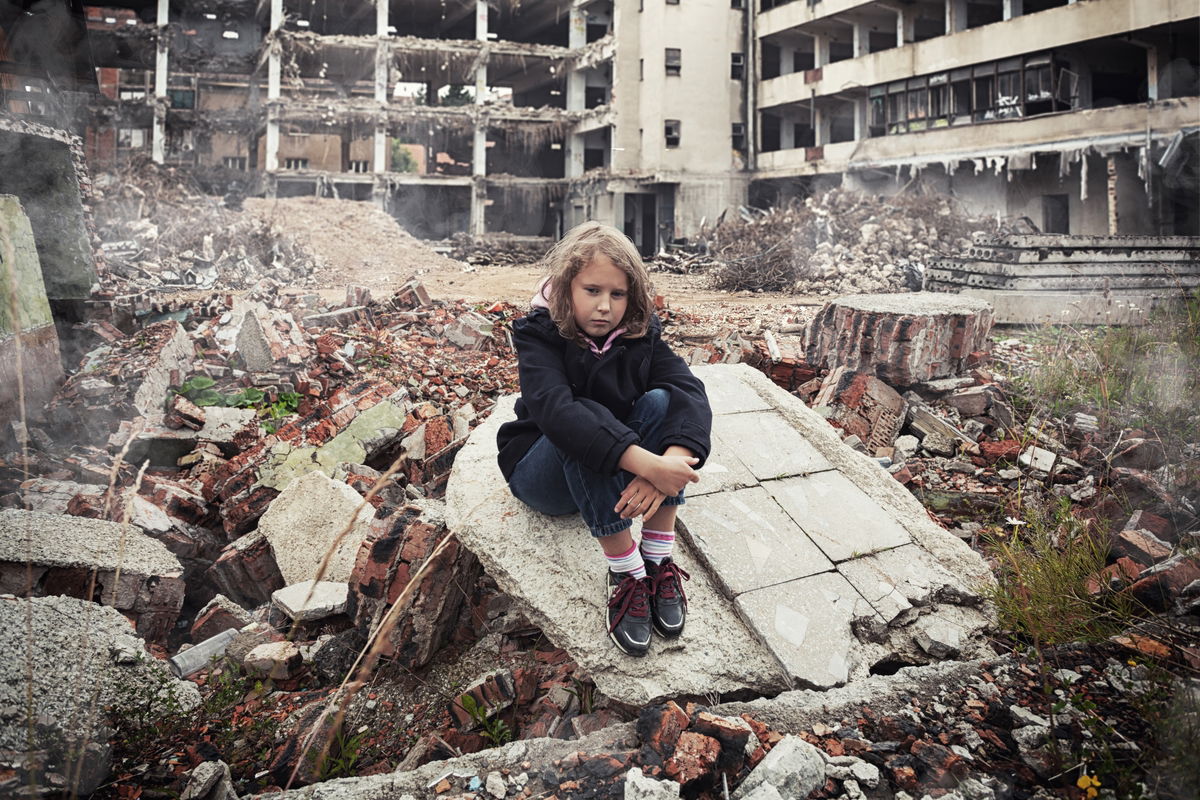On this World Mental Health Day, Friday 10 October, world leaders and advocates are rallying around the theme ‘Access to Services – Mental Health in Catastrophes and Emergencies’, emphasizing that psychological support must be as immediate as physical aid in times of crisis.
Established in 1992 by the World Federation for Mental Health, World Mental Health Day has evolved into an important annual event held in more than 150 countries to destigmatize mental health issues and mobilize resources.
According to the World Health Organization WHO Campaign, in 2025, as conflicts and disasters intensify, there is an increased focus on the 123 million forcibly displaced people around the world who face an increased risk of diseases such as depression and anxiety.
The urgency of this is shocking. As detailed in WHO’s latest report, World Mental Health Today, more than one billion people around the world live with mental disorders, but most remain unable to get help due to lack of resources, workforce shortages and service disruptions. Treatment gaps are exacerbated in humanitarian emergencies, where one in five people develop a mental health condition due to stressors such as displacement or trauma, and only a minority receive psychosocial support. In his official 2025 campaign message, WHO Director-General Dr. Tedros Adhanom Ghebreyesus said: “Supporting individuals’ mental health in crises like this is not just important; it saves lives and gives people the strength to cope, the space to heal and to recover and rebuild not only as individuals but as communities.”
World Mental Health Day: Closing the gap in emergency response
World Mental Health Day highlights how catastrophes, from natural disasters to armed conflicts, exacerbate mental health vulnerabilities, especially among migrants, refugees and young people. According to PAHO data (PAHO Campaign), in the Pan-American region, depression and anxiety are the top causes of disability among young people, and suicide is the third leading cause of death among 15-29 year olds. Exposure to violence, poverty, and bullying double the risk, highlighting the real need for life course interventions that start early. The COVID-19 pandemic has been cited as a protracted factor, disrupting 93 percent of essential mental health services and causing more than $1 trillion in annual productivity losses worldwide.
Experts emphasize an integrated approach. “Treatment doesn’t have to start on a couch or a foam; it can start with a cup of tea, silence, and storytelling,” advises mental health expert Dr. Anjali Kabir, who calls for culturally tailored support in emergencies. For families, normalizing the conversation is key. “Ask how you can help… families may want support with a GP appointment or simply a chat,” recommends the Mental Health Foundation.
World Mental Health Day: The path to action and resilience
World Mental Health Day calls for practical action. Governments need to put psychosocial packages at the forefront of aid responses, workplaces can host ‘tea and talk’ events to encourage conversation, and communities need to advocate for free access for all. Volunteering reduces the risk of depression by 48%, and simple check-ins combat isolation. As the Mental Health Foundation says, “World Mental Health Day is a great opportunity for us to come together to talk about mental health and show everyone how important it is.”
This World Mental Health Day, the city of Manchester’s message is clear: mental health is a human right, not a luxury. By addressing barriers in crisis, societies can build stronger futures.








